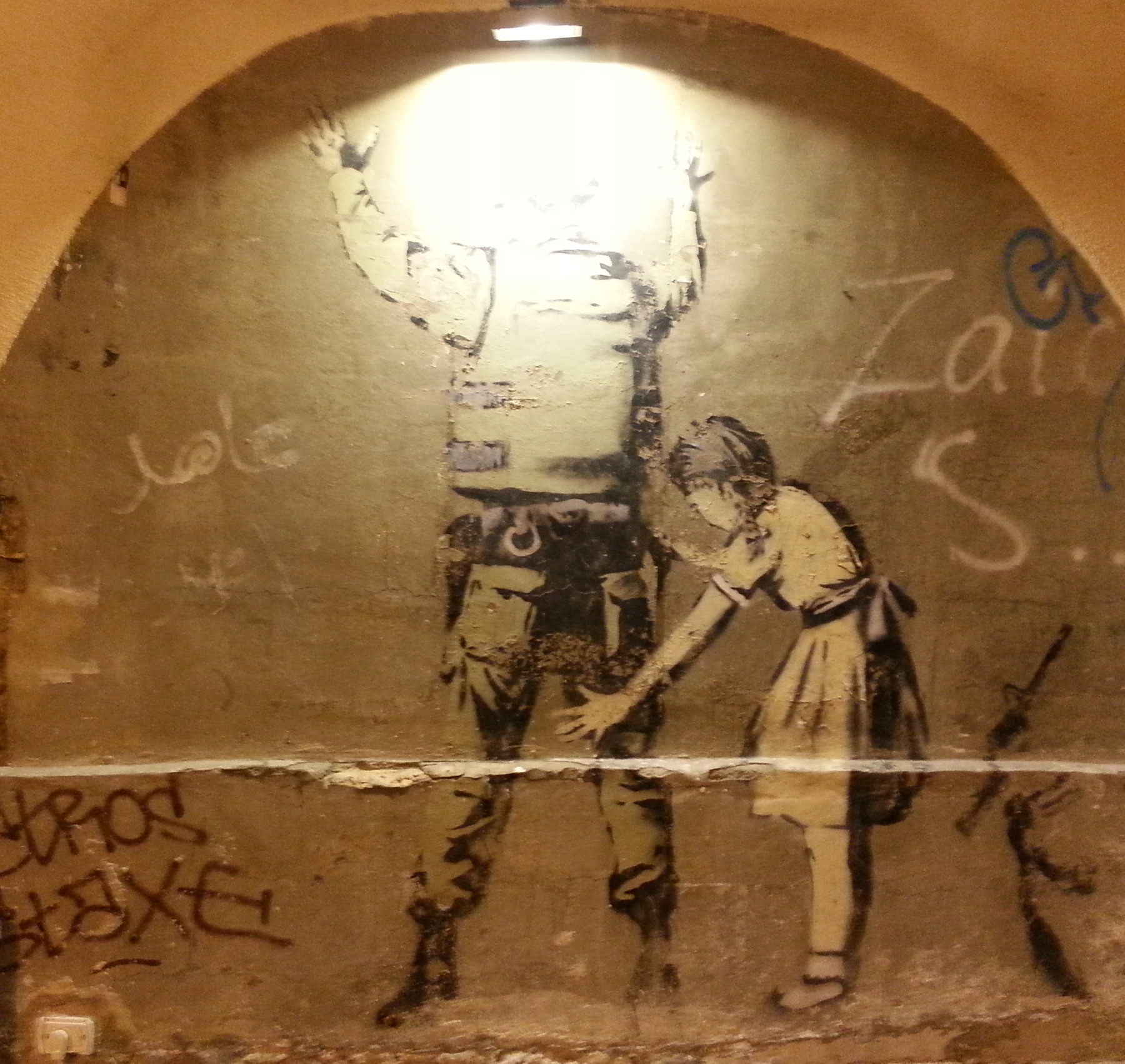The House of Lords is a British institution; the upper house, a ‘revising chamber’ for the House of Commons: these constitute the legislature of the British Parliament. So it may be of interest, (especially since Earl Kedleston, Lord Curzon, was British Foreign Secretary) what was aid there on 29th June 1920.
First, from Lord Sydenham we have this:
LORD SYDENHAM rose to ask His Majesty’s Government (1) By what means, under the mandate which has been accepted for the government of Palestine, it is proposed to safeguard the rights of the immense, non-Jewish majority of the population, while setting up a “National Home” for the Jewish race; (2) Whether the term “National Home” implies the exercise of governmental authority over the whole or part of the population of Palestine; and to move for Papers.
The noble Lord said: My Lords, every one of us must thoroughly sympathise with those Jews who wish to make their home in Palestine. Although their rights are based upon a particularly ruthless conquest we respect, and wish to take into full account, their strong sentiment inherited from the five hundred years during which they were a ruling people. We cannot, however, go back three thousand years, and we must consider the equal rights of the present inhabitants of Palestine.
In November, 1917, Mr. Balfour expressed the sympathy of the Government with the aspirations of the Zionists, but he stated that it must be “clearly understood that nothing shall be done which may prejudice the civil and religious rights of existing non-Jewish communities in Palestine.” It is because it seems that this just and necessary reservation has been forgotten that I venture to raise this Question in your Lordships’ House to-day. For reasons which can easily be understood it is only in your Lordships’ House that a strong plea can be raised for justice to the immense non-Jewish majority of the population of Palestine.
We went into the country to end the Turko-German menace against the Suez Canal and Egypt, and to rescue the people from the centuries of oppression by the Turks. After General Allenby’s brilliant campaign we were regarded by the people as their saviours, and the British prestige—using the word in its best sense—never stood so high among Syrian Moslems as it did then. Numbers of those Moslems served in our Armies, while others deserted from the Turkish cause and joined us. We then had a clean slate on which we could write, and I have no hesitation in saying that the problem of Palestine was, perhaps, the easiest of solution of those which had been left to us as the aftermath of the war. But now the situation has completely changed. Moslems, Christians, and many of the old Jewish ‘inhabitants distrust and dislike us, and would welcome almost any other Mandatory Power to rake our place. The Moslems say openly that they would prefer to return to Turkish rule, which was at least roughly impartial, and under which the various elements lived in general harmony.
I hope, my Lords, to be able to explain the cause of this great change. But I want first to draw attention to the conditions of Palestine at the time of the Armistice. The population consisted, roughly speaking, of 515,000 Moslems, 62,500 Christians, 65,300 Jews, and 5,050 others. But the percentage of each of the communities employed in agriculture was— Moslems, 69; Christians, 46; and Jews, 19. Thus, the Jews in Palestine about the end of the war were playing an infinitesimal part in what is the only industry of that country. The recent Jewish colonies are prospering in viticulture and in citrons fruits, but some are not yet on an economic basis because they are supported by outside capitalists. No one could object to the setting up of more of such colonies. The Jews, as a rule, do not cultivate cereals, and many of them are employers of Arab labour or the labour of a particularly depressed class of Jews who come from the Yemen. Then there are a large number of Jews in Palestine who do no useful work but live on mendicancy or on remittances from their wealthy co-religionists.
(and there is more … Here)
